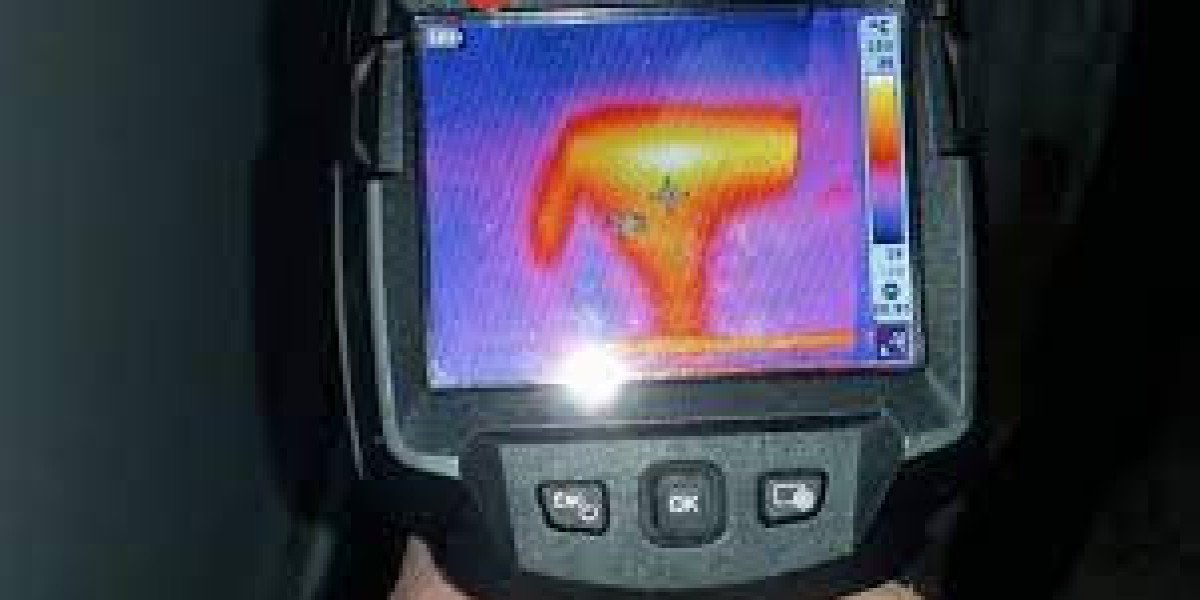How to Buy a Motorcycle License: A Comprehensive Guide
Motorcycling is not simply a mode of transport but likewise an exhilarating pastime for numerous. Nevertheless, before you can rev your engine and struck the road, you should obtain a motorcycle license. This guide intends to provide in-depth information on the procedure of buying a bike license, making sure that potential riders have a clear understanding of the requirements, steps, and frequently asked concerns.
Comprehending the Basics
A motorcycle license, also called a bike endorsement, is an unique classification on your driver's license that permits you to lawfully run a motorbike on public roads. The process of obtaining this endorsement differs by state or nation, but generally includes a mix of composed tests, practical training, and road tests.

Step-by-Step Process to Obtain a Motorcycle License
Research Your State's Requirements
- Each state or nation has its own set of policies and requirements for motorcycle licensing. Start by visiting your local Department of Motor Vehicles (DMV) or comparable company's website to collect specific details.
- Keep in mind the age requirements, fees, and any necessary documents.
Study the Motorcycle Manual
- The DMV or comparable firm usually offers a bike manual that covers necessary information such as traffic laws, safe riding practices, and motorcycle-specific rules.
- Acquaint yourself with the manual to get ready for the composed test.
Take a Motorcycle Safety Course
- Many states require or strongly recommend that you complete a basic bike safety course before making an application for a license.
- These courses, typically used by companies like the Motorcycle Safety Foundation (MSF), teach you the basics of motorcycle riding, including braking, turning, and emergency maneuvers.
- Finishing the course can also qualify you for a waiver on the useful riding test and may offer discount rates on insurance coverage.
Request a Learner's Permit
- Visit your regional DMV or utilize their online website to request a learner's license.
- You will need to pass a written test that covers traffic laws and safe riding practices.
- The student's authorization usually allows you to ride a motorbike under specific constraints, such as being accompanied by a licensed rider or not riding in the evening.
Practice Riding
- As soon as you have your student's license, practice riding under the assistance of a knowledgeable motorcyclist or a licensed trainer.
- Concentrate on constructing your skills in a safe environment, such as a car park or a quiet street.
- Practice different riding circumstances, consisting of starting and stopping, turning, and browsing through traffic.
Arrange and Take the Road Test
- As soon as you feel positive in your riding capabilities, schedule your road test with the DMV.
- Throughout the test, you will be examined on your capability to securely operate a motorcycle, browse various traffic situations, and follow traffic laws.
- If you stop working, you can normally retake the test after a specific duration.
Get Your Motorcycle License
- After passing the road test, you will receive your bike license. This recommendation will be added to your driver's license.
- You can now lawfully ride a motorbike on public roads, based on any additional constraints that may use.
Additional Considerations
Insurance and Registration:
- Before riding, guarantee your bike is appropriately insured and signed up. Most states require a minimum level of liability insurance coverage.
- Consult your insurance coverage service provider to understand the costs and coverage options.
Security Gear:
- Invest in high-quality safety gear, consisting of a DOT-approved helmet, protective gloves, durable boots, and a durable coat.
- Helmets are necessary in many states and are important for your security.
Continued Education:
- Even after acquiring your license, think about taking sophisticated riding courses to enhance your abilities and remain current with the newest security practices.
Often Asked Questions (FAQs)
Q1: How long does it take to get a motorbike license?
- The time can vary depending upon your state's requirements and your personal rate. Generally, the process can take a couple of weeks to a couple of months. Factors include the accessibility of safety courses, scheduling of the roadway test, and how quickly you build your riding abilities.
Q2: Do I need a car license to get a motorbike license?
- Yes, in many states, you need to have a legitimate driver's license before you can make an application for a motorcycle recommendation. The specific kind of license required might differ, so inspect your state's guidelines.
Q3: Can I take the roadway test on my own motorbike?
- In many states, you can take the roadway test on your own motorcycle, provided it meets all safety and registration requirements. Some states may need you to use a DMV-provided motorcycle. Examine your local DMV's website for details.
Q4: What is the expense of acquiring a motorbike license?
- Costs differ by state but typically consist of fees for the student's authorization, the composed test, the road test, and the bike safety course. Extra costs might include the expense of security equipment and insurance coverage.
Q5: What occurs if I stop working the roadway test?
- If you fail the roadway test, you will typically need to set up a retake after a given period. Some states may enable you to retake the test instantly, while others require a waiting duration. Practice the areas where you had a hard time and come back better prepared.
Q6: Are there different classes of motorcycle licenses?
- Yes, some states use various classes of motorbike licenses based upon the kind of bike you plan to ride. For instance, Class M1 might be for routine bikes, while Class M2 might be for mopeds or scooters. Examine your state's policies to figure out which class you need.
Q7: How old do I require to be to get a motorbike license?
- The minimum age to get a bike license differs by state. In many states, you can obtain a learner's license at 16 and a full motorbike license at 18. However, some states have different age requirements, so always validate with your local DMV.
Q8: Can I get a motorbike license online?
- No, you can not obtain a bike license entirely online. While you can study the manual and finish some initial actions online, you will need to check out a DMV workplace to take the composed and road tests and receive your license.
Q9: What should I do if I transfer to a new state?
- If you relocate to a brand-new state, you will likely require to move your motorbike license or obtain a brand-new one. Inspect the particular requirements of your new state, as you might require to take additional tests or complete a safety course.
Q10: Are there any constraints on my motorcycle license?

- Yes, some states position restrictions on brand-new motorcycle license holders, such as not riding at night or not carrying travelers for a certain duration. These constraints are designed to help brand-new riders gain experience safely.
Acquiring a bike license is a simple process that needs commitment, study, and practice. By following the steps described in this guide, potential riders can ensure they are well-prepared and meet all the needed requirements. Remember, safety is vital, so purchase correct training and security gear. With a valid motorcycle license, you can delight in the freedom and excitement of riding while remaining safe and legal führerschein kaufen (Our Webpage) on the roadway.
Additional Resources
- Motorcycle Safety Foundation (MSF): msf-usa. org
- Department of Motor Vehicles (DMV): [yourstate.dmv.gov]
- Insurance Providers: Check with your local insurer for motorcycle insurance coverage alternatives and discount rates.





